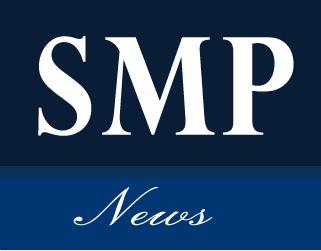Georgia Highlands’ nursing program eliminates second admission

April 22, 2014
Due to pending changes in the nursing workforce, beginning with the 2014-2015 academic year Georgia Highlands’ nursing program will no longer have second admissions during the spring and will be decreasing the number of students admitted from 120 to 80.
Hoping to get the students more prepared with bachelor degrees, the nursing program is slowly decreasing the number of associate degree graduate applicants and increasing the number of applicants pursuing a bachelor of science in nursing.
One reason behind the changes is “The Future of Nursing: Leading Change, Advancing Health” published in 2010. It is an evidence-based document by the Robert Wood Johnson Foundation and the Institute of Medicine of the National Academies (IOM) that includes the input from nurses, health care provider and other parties interested in the overall improvement of health and health care in the United States.
The document contained eight recommendations that would position nurses to be able to improve the health of American citizens.
“Actions are being taken in Georgia and across the nation to put these recommendations in place. One of the recommendations is for the nursing workforce to be 80 percent baccalaureate prepared by 2020,” said Rebecca Maddox, director of nursing.
She also stated that by observing the activity in the health care field and the employment rates of its graduates, the college has realized that hospitals are hiring nurses with bachelor degrees and asking the nurses with associate degrees to head back to school to earn their bachelor’s.
Maddox said, “These changes will make admission into the nursing program more competitive. That impacts all of the pre-nursing students. We already had more students applying for the program than we could accept each year.”
Nadine Fuqua is seeking to be accepted into GHC’s associate of science in nursing program and said stress levels among her and classmates are at an all-time high due to the decrease in students being admitted into the nursing program.
“My hands were sweaty as I turned in my nursing program application this year, and I could feel my heart beat in my throat,” stated Fuqua.
She continued, “Not a day goes by now that I don’t think about the letter that myself and my fellow classmates will be receiving in mid-June. Will it be an acceptance letter or will it be a denial letter?”
Maddox recommends that students meet with a nursing adviser. She said, “A nursing adviser can help students with developing an academic plan but can also talk with students about positioning themselves for a BSN program.”
Maddox wants to be sure that students are aware that there are several healthcare careers that are just as rewarding as nursing. She said, “There are many, many aspects of health care in which students can become involved: physical therapy, occupational therapy, speech therapy, respiratory therapy, medical lab technology, radiology, social work, health care management, etc.” Students could also consider becoming physician or physician assistants.
Georgia Highlands anticipates growth in its RN-BSN program as it seeks to meet the needs of associate degree nurses who want to return to school to advance their degrees.
Students with questions should check out the nursing admissions website at http://www.highlands.edu/site/nursing-admissions, contact the admissions office or get in touch with Barbara Cozby, administrative assistant in the Nursing Office.




































































